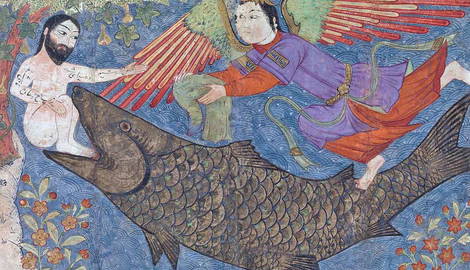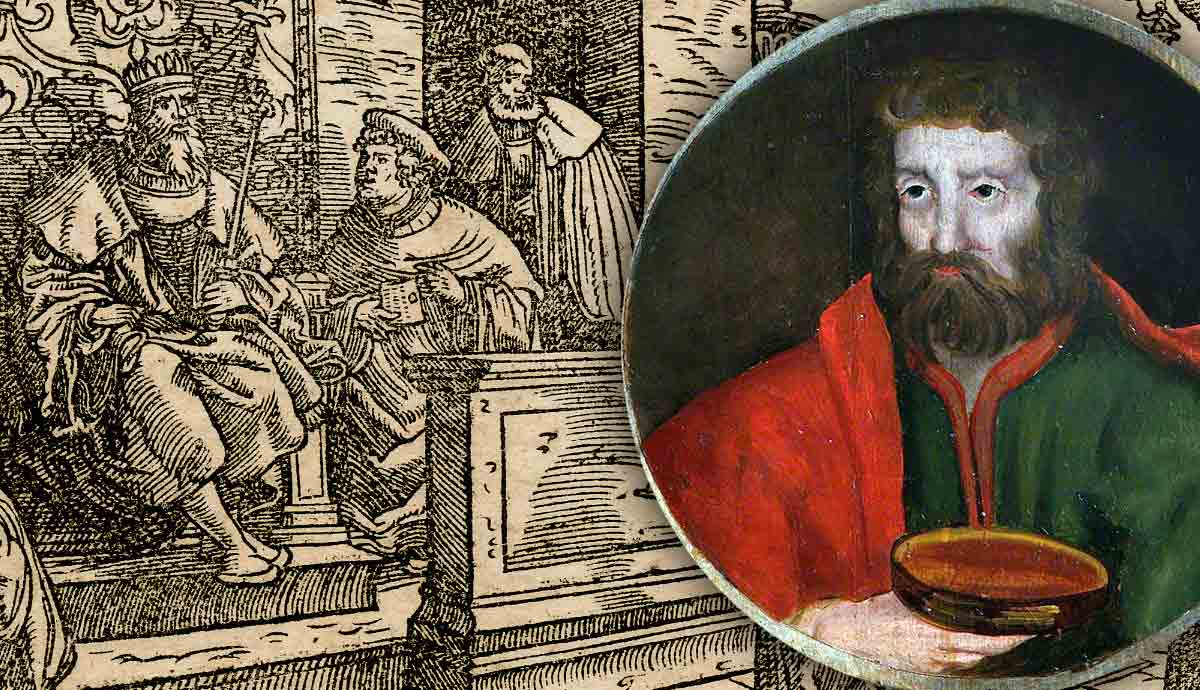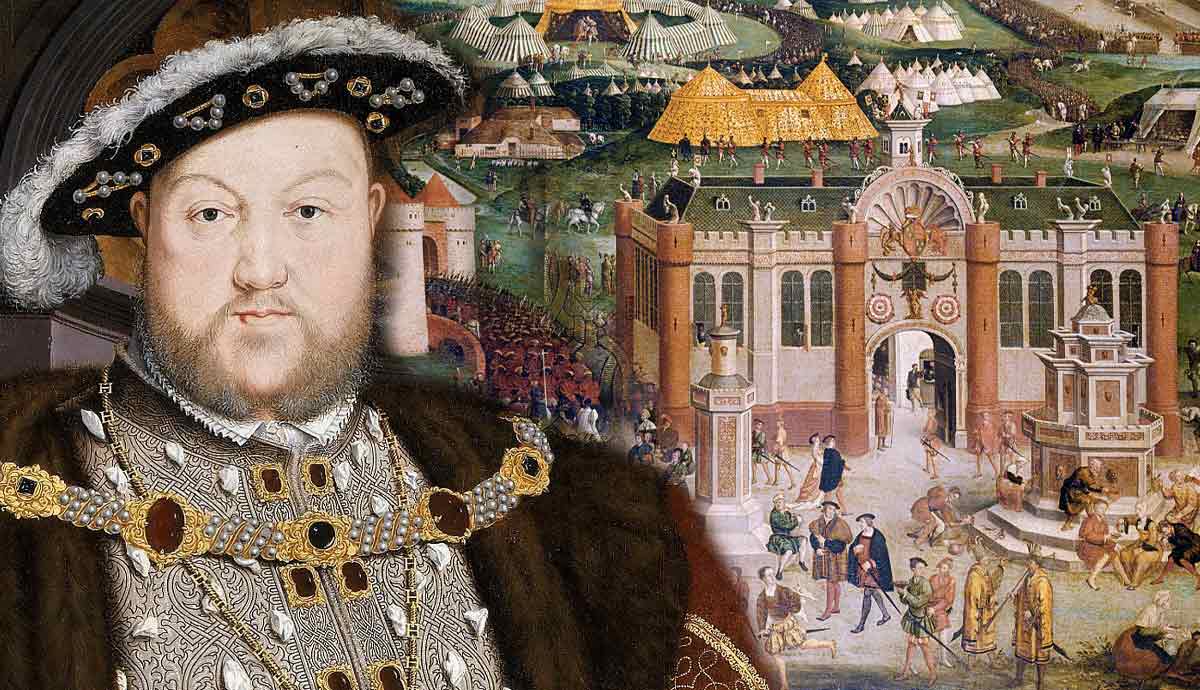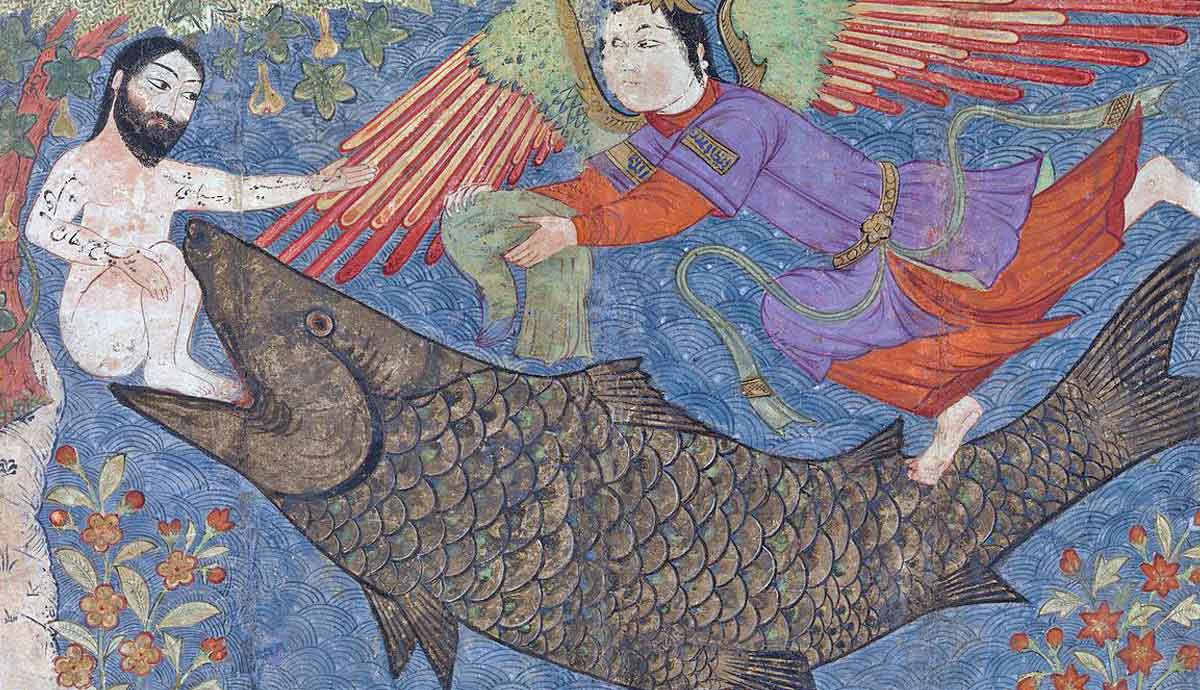
The story of Jonah being swallowed by a big fish plays a central role in the narrative of the prophet’s message to the people of Nineveh. Though the Book of Jonah does not provide details, the context and history provide some significant insights. God tasked Jonah to prophesy to a city with a bad reputation, and he went to extremes to avoid complying. Jonah wanted to get as far from Nineveh as he could but his disobedience created an opportunity for a more impactful address to the people of Nineveh.
Authorship and Date
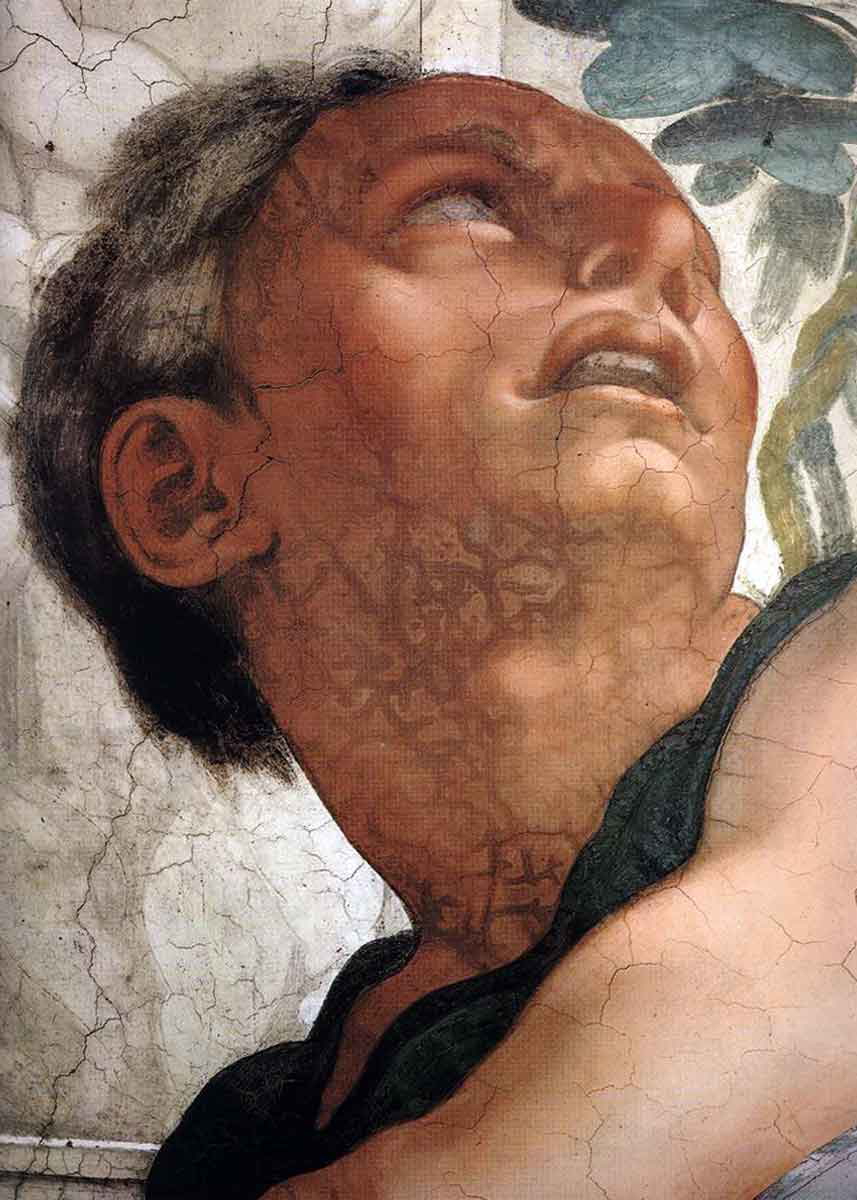
Tradition holds that Jonah is the author of this self-titled book, though scholars often argue that another unnamed person wrote it. Unlike other prophetic books, Jonah does not include a record of what the prophet said but rather relates a third-party account of what he did. Jonah’s prayer while in the big fish reflects some of Jonah’s personal experiences but does not prove his authorship.
According to 2 Kings 14:23-25, Jonah ministered during the reign of Jeroboam II, which places the story during the 8th century BCE. Interestingly enough, Jonah’s prophecy to Jeroboam was reversed by Amos (6:13-14) due to Jeroboam’s sin. The Book of Jonah does not mention Jonah’s ministry as a prophet in the Northern Kingdom.
Historical Context
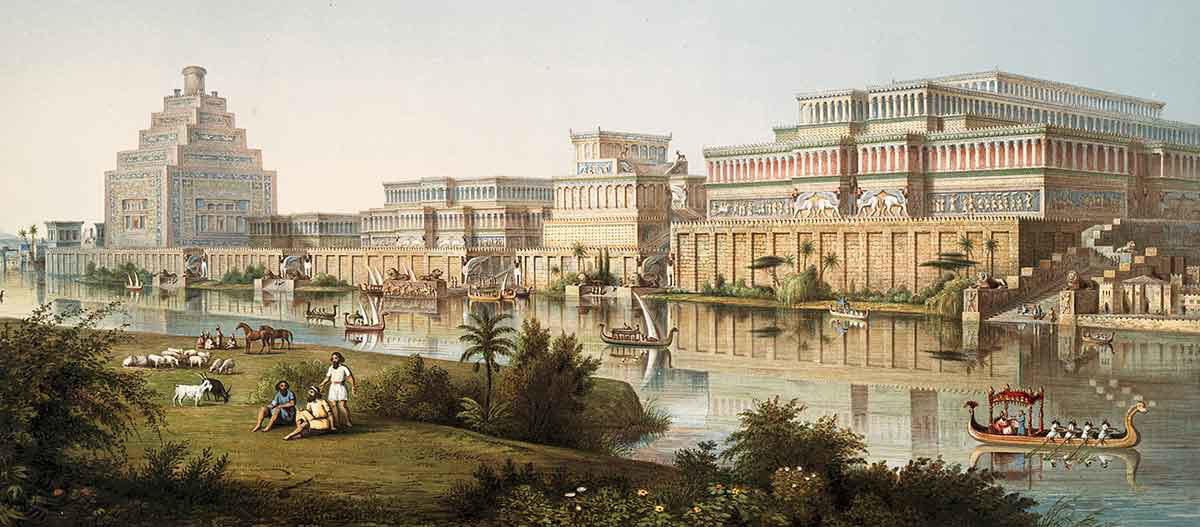
The beginning to mid-8th century BCE was a time of Assyrian expansion. Nineveh, one of the three alternating capitals of the Assyrian Empire, was a significant city in the ancient world, but not yet the economic and military powerhouse it would become soon after. It would later overtake Ashur and Calah (Nimrud) as the dominant city in the region during the reign of Sennacherib (704-681 BCE).
The description of Nineveh as “an exceedingly great city” (Jonah 3:3) is consistent with the archaeological evidence, though the description of its size as “three days’ journey in breadth” likely refers to its administrative reach or some other interpretation, rather than physical measurement. According to the biblical tradition, the Ninevites were notorious for being evil and violent, which would make anyone sent there to rebuke the city a likely target for torturous interactions with the locals.
In the ancient world, nations considered the god of the victor in battle as superior to that of the losing side. That is why Goliath made insulting comments about God when facing the Israelites. The Ninevites worshiped Dagon. This fact is not mentioned in the Book of Jonah, but the ancients would have been aware of it. Dagon resembled a fish. Dagon worship was a form of sun worship, and this deity was the sun in its evening form, as the ancients believed that the sun turned into a fish, swimming from the west to the east at night, just to appear in the east at sunrise.
The great fish that swallowed Jonah was likely interpreted as Jonah’s God being stronger than Dagon. It would make the Ninevites more cautious of acting against Jonah.
Structure
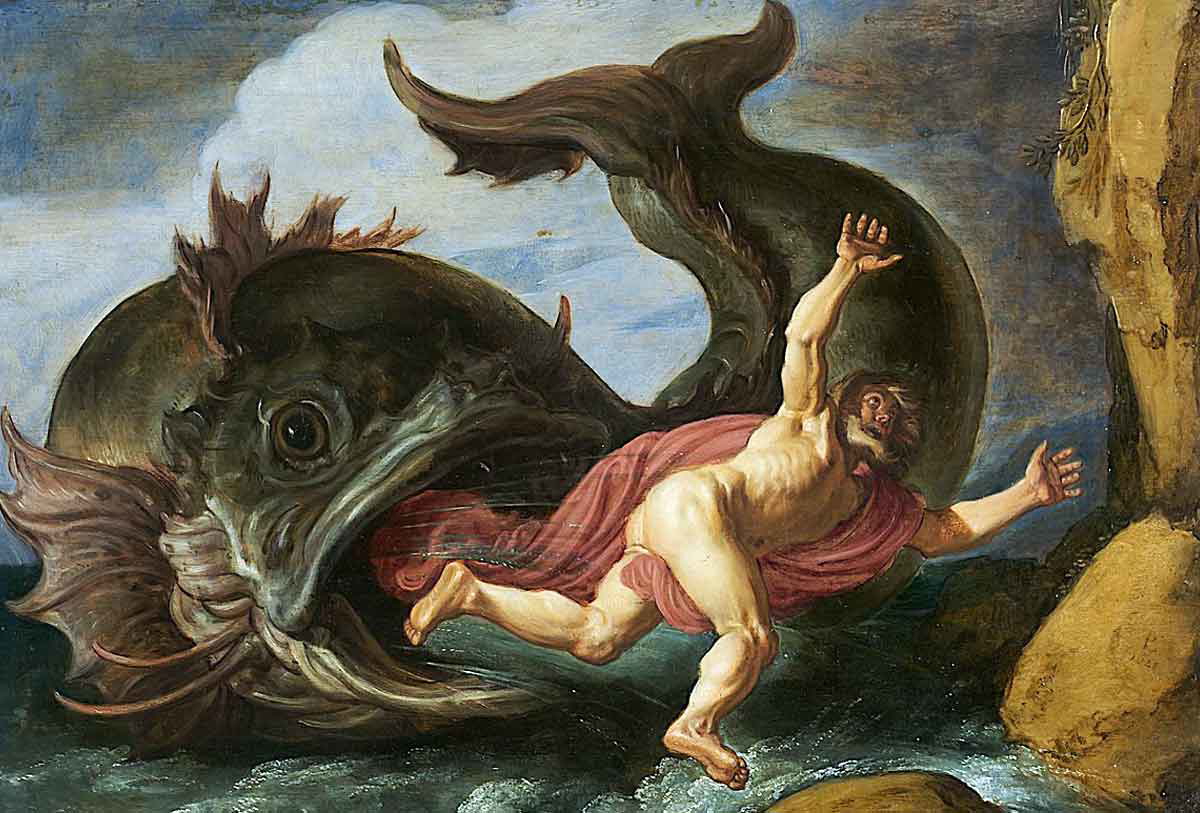
The structure of the Book of Jonah aligns with its chapters.
Jonah’s calling and reluctance to serve (Jonah 1)
Jonah received the calling to prophesy in Nineveh but chose to flee to Tarshish instead. Tarshish was located in modern-day Spain, on the opposite side of the known world from where Jonah was sent. When a storm threatened the lives of the sailors, Jonah was revealed as the one to blame for their troubles.
Jonah and the big fish (Jonah 2)
Chapter two records Jonah’s prayer. The text does not explicitly state whether Jonah died or remained alive while in the fish, though the language of chapter two likely points to his death. If that was the case the so-called “sign of Jonah” may be death and resurrection—something which Jonah and Jesus shared—rather than the three days and three nights period.
Jonah ministers in Nineveh (Jonah 3)
Jonah boldly went to Nineveh and preached the message he was sent to share. His ministry was highly successful, for even the king repented and decreed that his people follow his example. The repentance was such that God relented from bringing the impending disaster on the city and its people.
Jonah’s anger and God’s compassion (Jonah 4)
Jonah expresses his anger that the Ninevites were not destroyed. The prophecy was not false, but rather conditional on the repentance of the people of the city. Since they repented, the destruction did not occur. God provided a plant to shade Jonah and subsequently, a word to destroy the plant, to illustrate to Jonah how absurd his objections were in the light of God’s providence, compassion, and sovereignty.
Main Themes
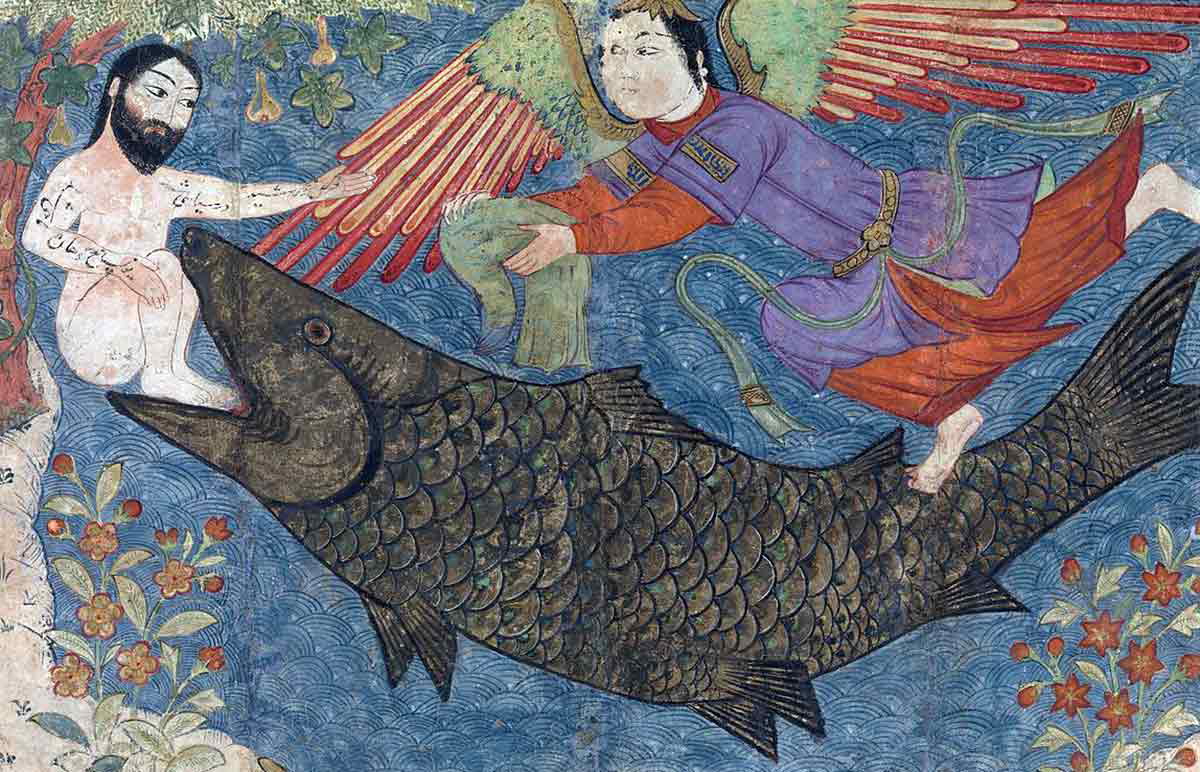
Sovereignty of God
Jonah’s attempt to flee from God is strange in light of his office as a prophet. He could escape meeting up with the Ninevites but could not have reasonably thought he could escape God. God’s sovereignty shows when God reaches Jonah at sea through a storm, sending a fish to catch and deliver Jonah to a shore, when God judges the Ninevites, showing them compassion, and when God provides shade to Jonah and takes it away again.
Consequences of disobedience
Disobedience has consequences. In Jonah’s case, the lives of others were at risk because he fled from the mission God gave him. He fessed up and delivered himself as a sacrifice of sorts to save the sailors who were in life-threatening danger because of his misdeeds.
Repentance
Considering the reputation of the Ninevites, it is remarkable that they listened to Jonah and did not kill the foreigner preaching their destruction. It may be that their view of the supremacy of the gods caused them to view the prophet’s message in a different light and repent from their sins.
Mercy and compassion
God showed mercy and compassion to the Ninevites when they repented. These characteristics are typical of love and show that the prophet needed God as much if not more than the Ninevites did. He was so set on their destruction that the mercy and compassion they received offended him.
Lack of human understanding
God had to deal with Jonah’s worldview. The plant and the worm appeared by divine intervention and illustrate the extent to which God went to help Jonah understand divine judgment and mercy.
Key Passages
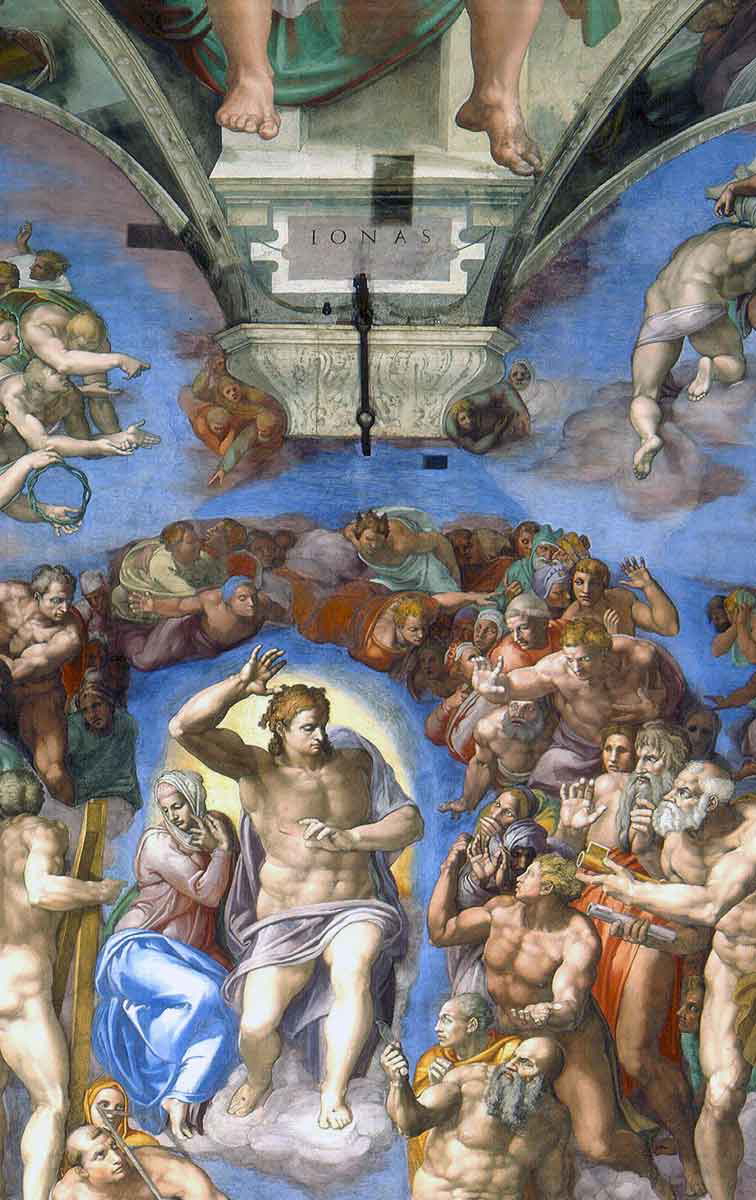
Jonah 1:3
“But Jonah rose to flee to Tarshish from the presence of the LORD. He went down to Joppa and found a ship going to Tarshish. So he paid the fare and went down into it, to go with them to Tarshish, away from the presence of the LORD.”
According to the text, Jonah not only tried to flee the mission but also the presence of God. The narrative indicates that the storm was stirred up by God to reveal the culprit and to show him there is no escaping from God.
Jonah 2:1-2
“Then Jonah prayed to the LORD his God from the belly of the fish, saying, ‘I called out to the LORD, out of my distress, and he answered me; out of the belly of Sheol I cried, and you heard my voice.’”
Jonah was alive when the fish took him. His prayer records the traumatic experience, comparing the belly of the fish to Sheol, the Hebrew word for the grave.
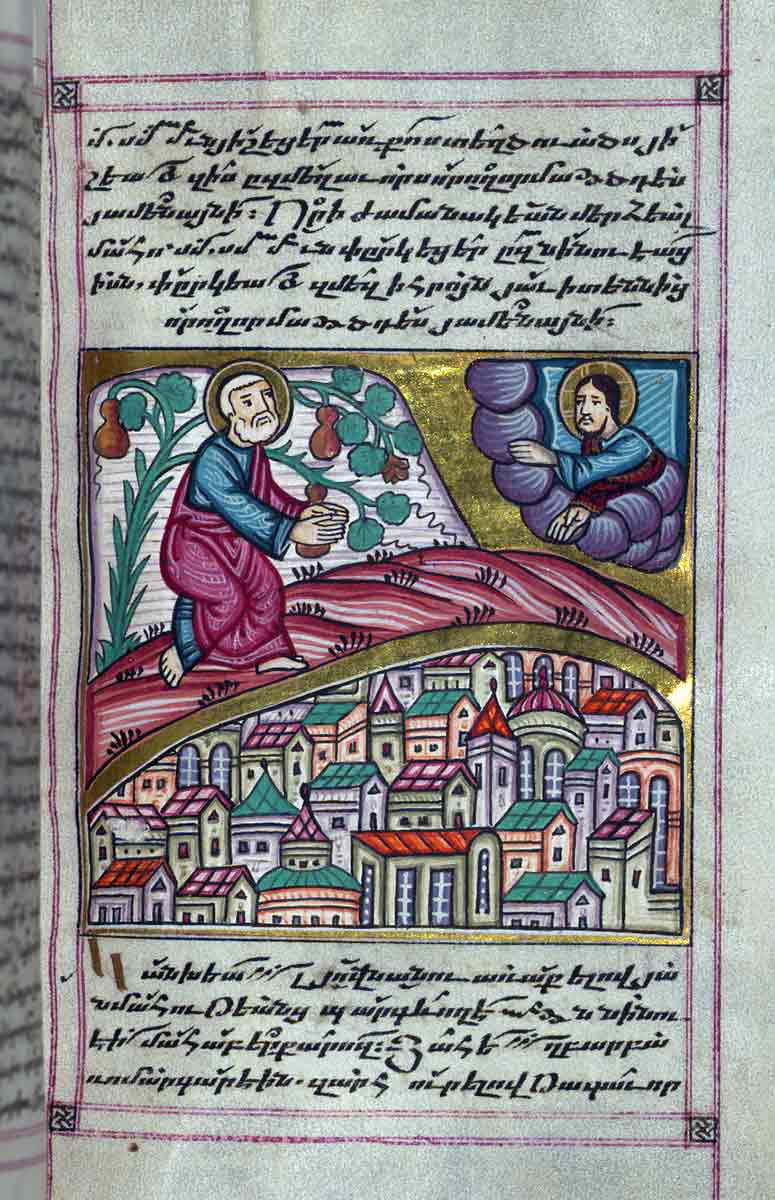
Jonah 2:5-6
“The waters closed in over me to take my life; the deep surrounded me; weeds were wrapped about my head at the roots of the mountains. I went down to the land whose bars closed upon me forever; yet you brought up my life from the pit, O LORD my God.”
These verses suggest that Jonah died in the fish and God raised him from the dead (“brought up my life from the pit”).
Jonah 3:5
“And the people of Nineveh believed God. They called for a fast and put on sackcloth, from the greatest of them to the least of them.”
In the Bible, Jonah was the most successful prophet in terms of converts. The text suggests that the whole city of more than 120,000 people (see Jonah 4:11) repented.
Jonah 4:10-11
“And the LORD said, ‘You pity the plant, for which you did not labor, nor did you make it grow, which came into being in a night and perished in a night. And should not I pity Nineveh, that great city, in which there are more than 120,000 persons who do not know their right hand from their left, and also much cattle?’”
With these words, God spoke to Jonah’s ignorance of divine sovereignty, character, and mercy. Chapter four exposes Jonah’s lack of understanding of God’s love.
Contemporary Relevance
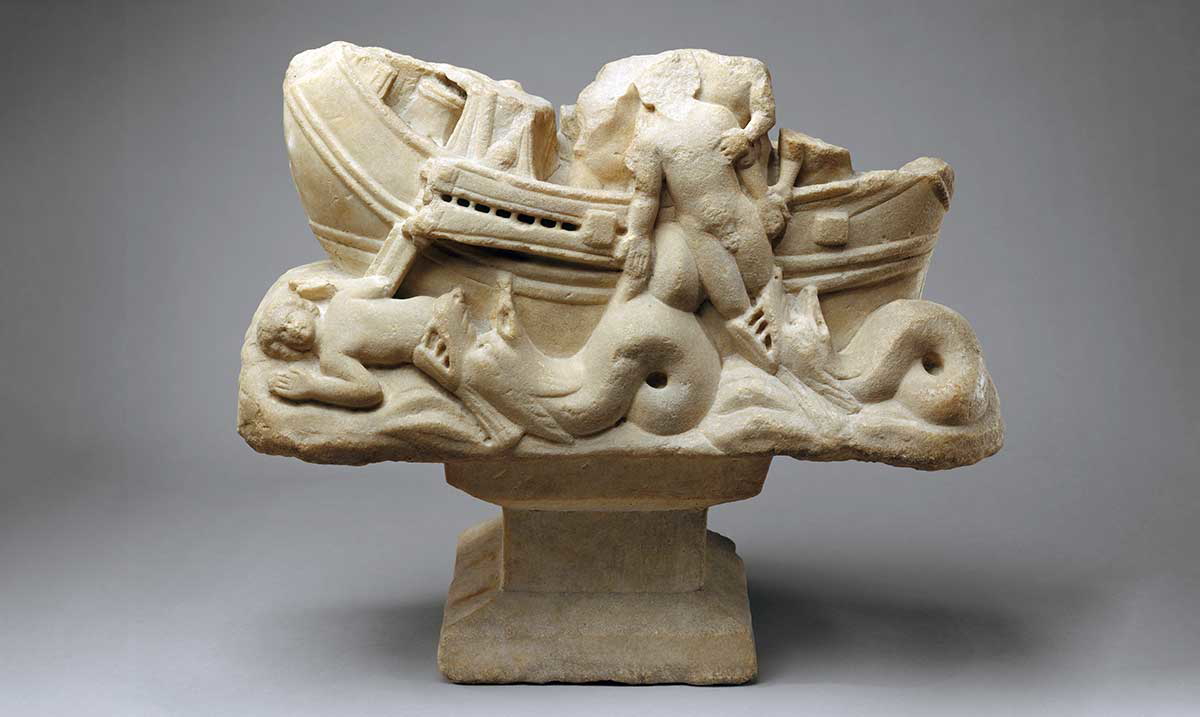
From the Book of Jonah, the contemporary believer can learn about the importance of obedience and the consequences of disobedience. Jonah also serves as a good example of how God can turn bad circumstances into something good. God’s willingness to forgive and have mercy on those who repent is also on full display. The book leans the reader toward introspection to see if, like Jonah, there may be an unwillingness to be as merciful and compassionate as God is.
